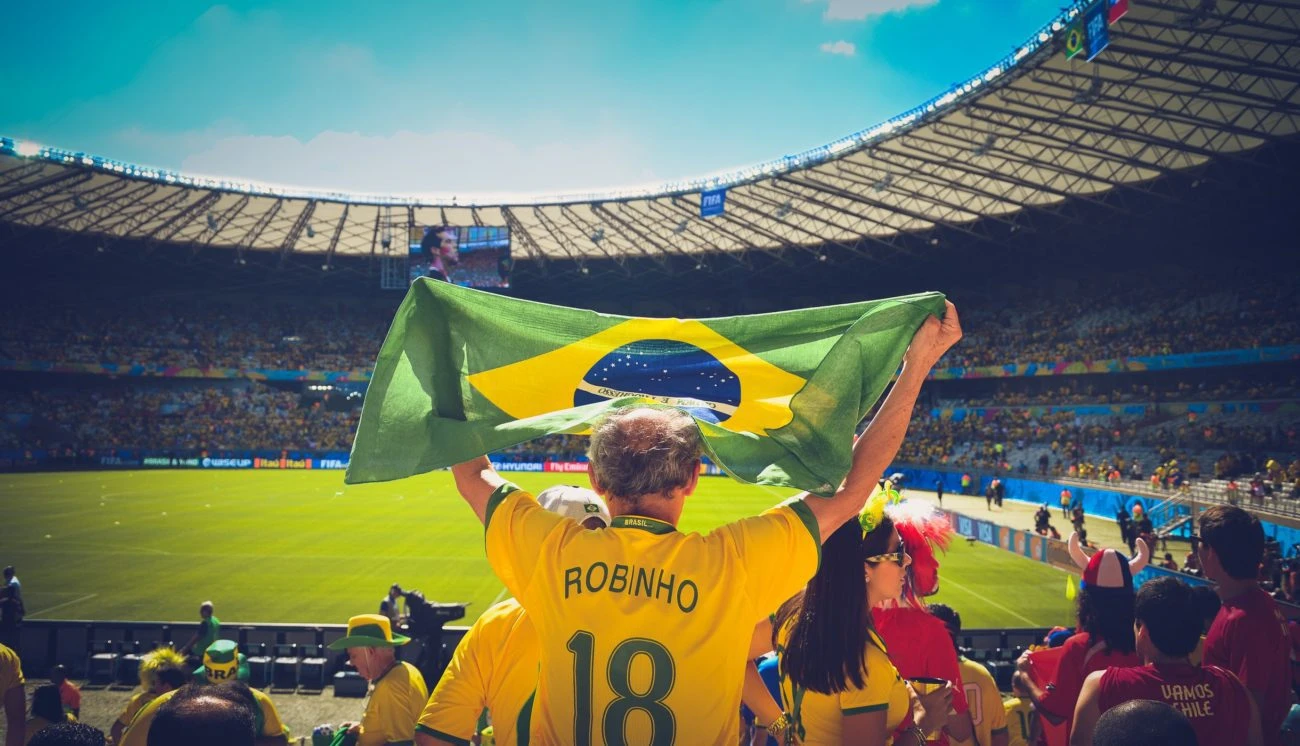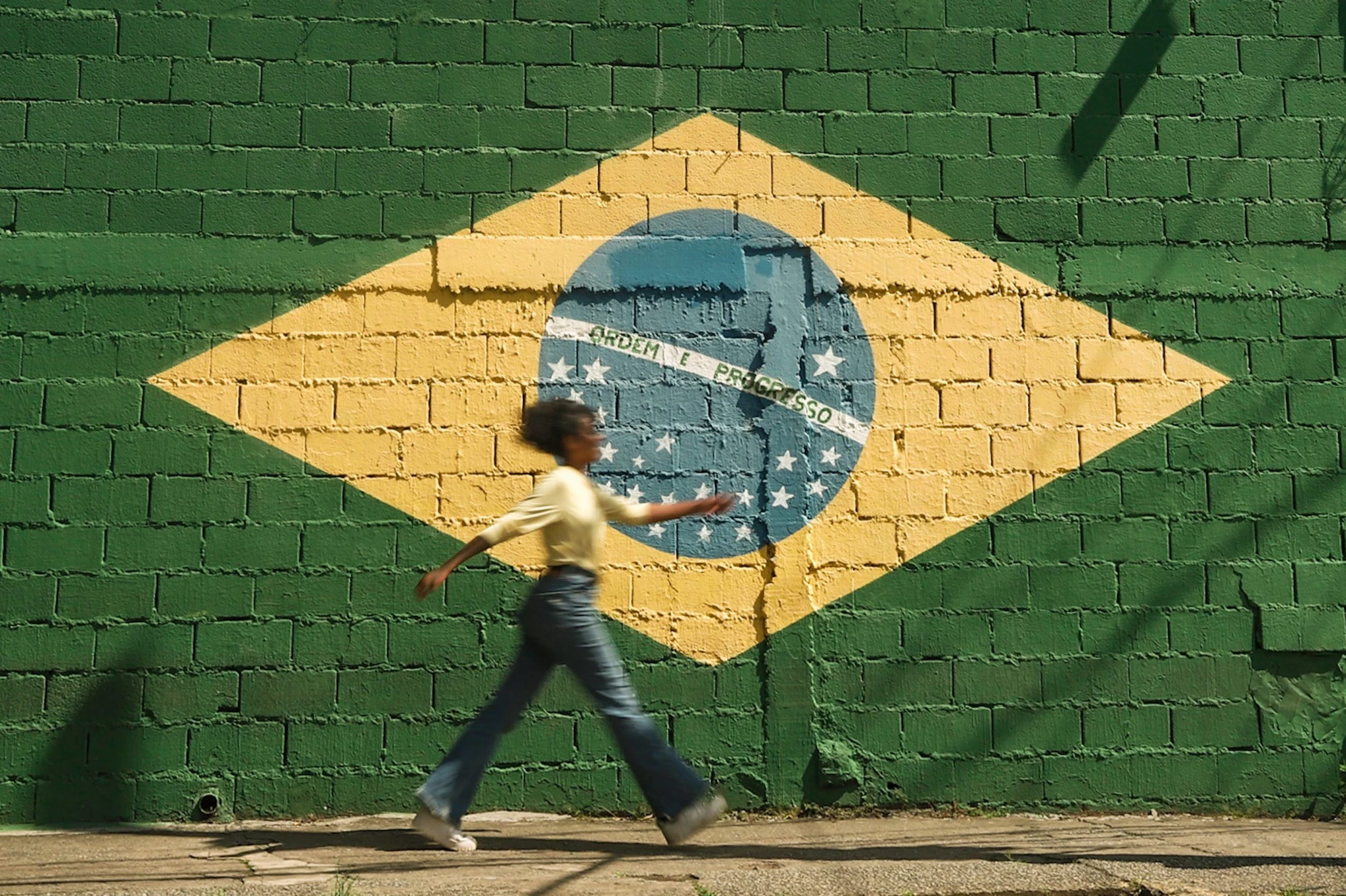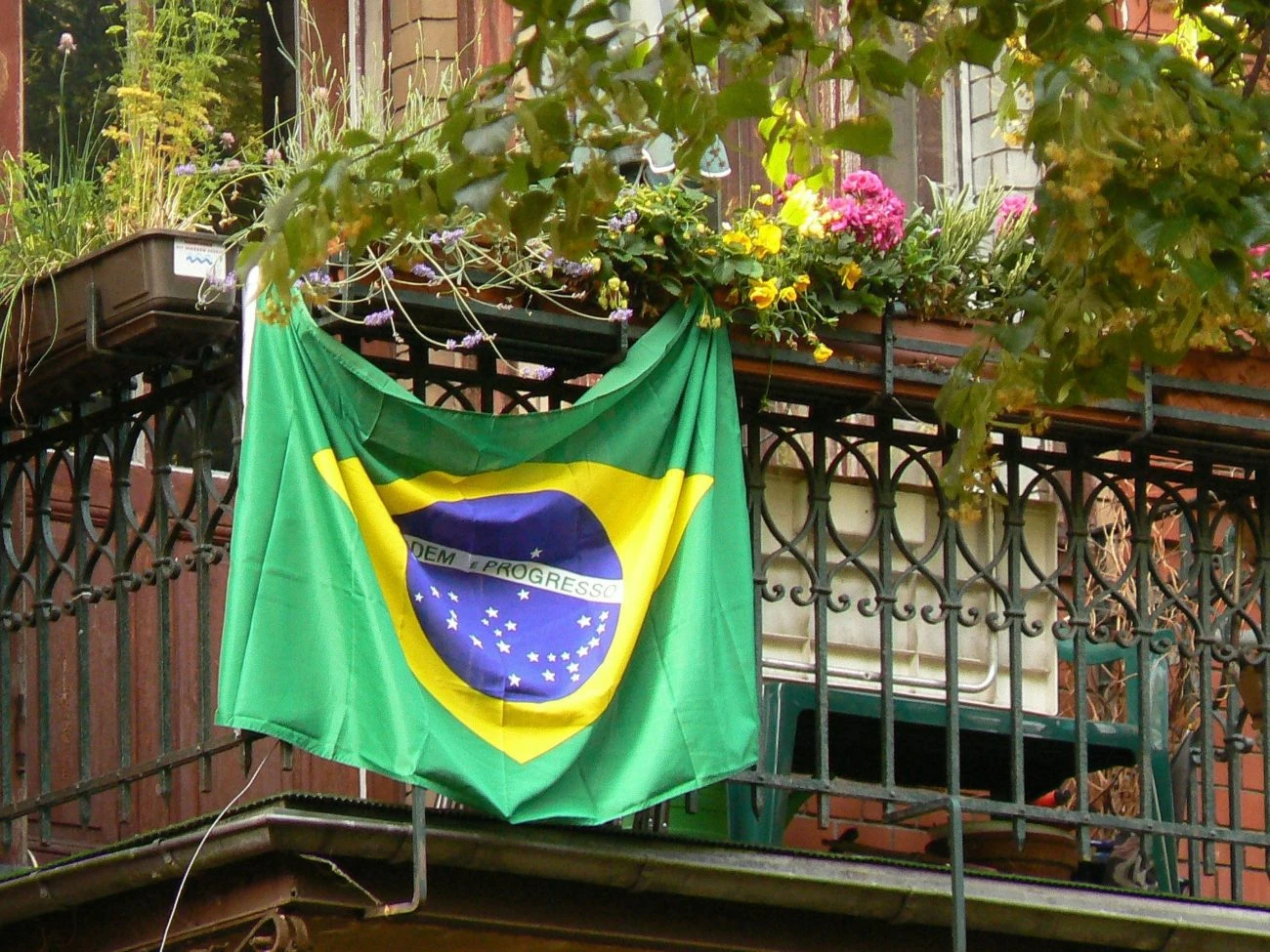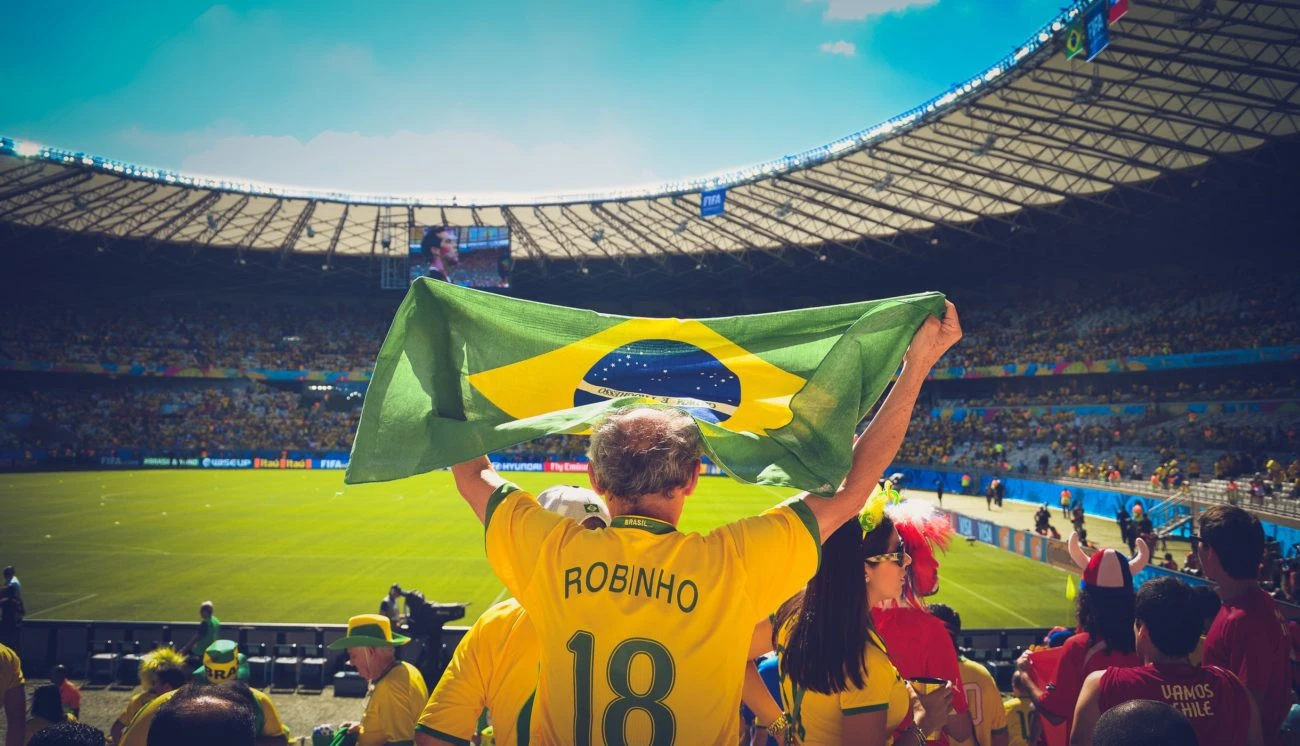Brazil’s chamber of deputies voted yesterday (21 December) to approve Bill 3,626/2023, which will regulate sports betting. Igaming has also been added back into the bill after removal by the senate.
Brazil’s chamber of deputies has now voted to approve online gambling, giving the final green light for the market to be regulated in 2024.
Yesterday evening’s vote on 21 December follows the senate plenary approving Bill 3,626/2023 on Tuesday 12 December last week.
Now that the Bill has been approved by the chamber of deputies, it will be passed onto the office of the president, Luiz Inacio Lula da Silva, for final approval.
Brazil’s gambling regulation: the final process
While the bill for Brazil’s online gambling regulation was previously approved by the chamber of deputies in September, the chamber was required to vote again to agree on the changes made to the bill by the senate last week.
Senator Angelo Coronel presented the bill to the senate on the 12 December. It contained the latest round of amendments following initial approval of the bill three weeks ago by Brazil’s Economic Affairs’ Commission.
The bill faced significant opposition in the senate, which saw three key highlights voted on.
In addition to the exclusion of igaming, the senate also voted to exclude virtual games and sports betting terminals. Also turned down was an amendment that would prohibit sports betting advertising in stadiums.
All taxation recommendations introduced by the Economic Affairs Commission on 22 November were also approved.
This confirms that GGR (gross gaming revenue) will be limited to 12%, instead of 18%. The taxation on winnings has also been modified.
Bettors will be taxed only once a year, at a rate of 15% on net winnings. This exceeds the exemption threshold of BRL2,112 (£339/€394/$425).
Licensees will also be required to pay an initial fee of up to BRL30m. By doing so, they will be granted the right to operate up to five different abrands.
How did igaming return to Brazil’s gambling regulation?
While the senate voted to remove igaming from the bill yesterday, the chamber of deputies retained the authority to overturn the exclusion.
In an interview with iGB earlier this month, Neil Montgomery, founder and managing partner of Brazilian law firm Montgomery & Associados, expected opposition to igaming from the senate.
This was especially the case for the Evangelical Parliamentary Front. During yesterday’s vote, Deputy Eli Borges, a leader of the Evangelicals, highlighted that “we are taking another step forward to involve Brazilian citizens in an unprecedented situation”.
The debate
The president of the Chamber, Arthur Lira, countered Borges’ criticism by highlighting that the proposal was already approved by deputies in September and by the senate, where many aspects of the bill had already been compromised on.
Lira highlighted that postponing the vote does not prevent online games, but encourages lack of control and money laundering.
“If we simply don’t vote on the regulations, will games cease to exist? Will people stop playing, bets stop working and sponsoring teams, events and tournaments? No,” said Lira.
He highlighted that gaming platforms already exist and need regulation. “Here we are not increasing or decreasing, we are trying to regulate and give seriousness [to the sector] to avoid, for example, money laundering,” he said.
At the request of the Evangelical Parliamentary Front, all mention of physical gaming or casinos have been left out of the text.
With the exclusion of online gambling however, it was projected that projected taxation revenue would fall short of what was originally expected.
Budgets and taxation
With an initial target of BRL1.6bn, the loss of igaming would risk reaching less than half of that amount. This was estimated at BRL700m. That total is in glaring contrast to what was initially hoped for via taxes and licence fees.
In many ways, Neil Montgomery saw approval as almost inevitable. This is “since the federal government is pushing for the approval to contribute to helping achieve zero fiscal deficit next year”. Montgomery is referring to the Brazilian government’s aim to hit a zero-deficit target in 2024.
Assuming the current bill is approved by the president, 36% of the tax will be directed to sports and 28% will go to tourism. Public safety initiatives will be given 14% and 10% each will go to education and social security.
The value of inspection fees is also expected to be changed. It will no longer be calculated based on the amount of premium paid. Rather, it will be based on lower levels of GGR.
Budding operators must also receive approval from the ministry of finance in order to operate in Brazil.
To qualify for a licence, operators must have a Brazilian partner that holds a minimum of 20% of the company’s capital in the country. They also must have the appropriate cybersecurity systems in place.
The bill also outlines that operators will have to implement identification processes. It stipulates facial recognition technology as a potential method.
Unlicensed operators will not be allowed to advertise in Brazil. In addition, B2B partners will be prohibited from providing technology to unlicensed B2C companies. Bonuses will also be banned.
Gambling regulation: How did we get here?
As we’ve covered extensively on iGB, Brazil’s legalised sports betting and casino story has been a long and winding one.
The final stretch of the journey kicked off in May when Brazil’s government announced PM 1,182 for sports betting.
Da Silva gave the PM the all-clear. The president subsequently signed it into law in July.
Initially, the PM was not well received. The main points of contention were around the 18% tax rate, advertising restrictions and ambiguous regulation around payments.
Following that, Bill 3,626/2023 was introduced – which made amendments to PM 1,182.
The biggest change was the addition of online casino. This was approved by the chamber of deputies in September, with the tax rate still at 18%.



